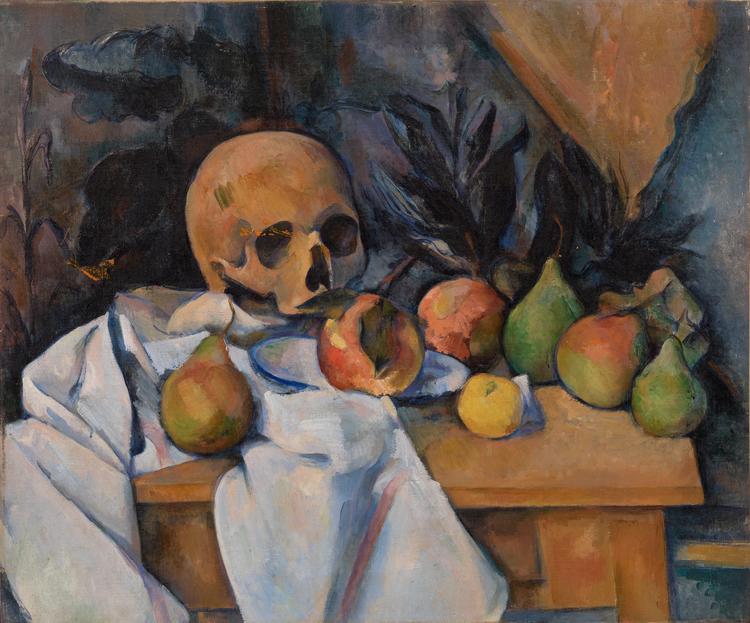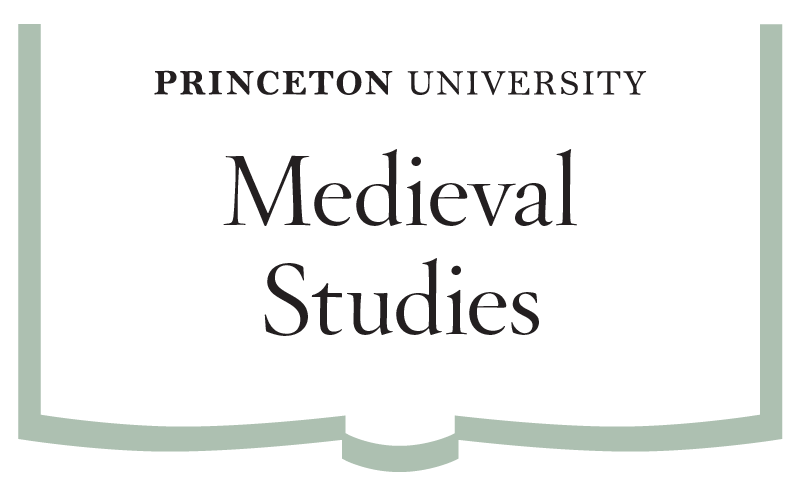
Colloquium – Consuming Ecologies: Environment and Society in Late Antiquity and the Middle Ages
Sat, 3/29 · 9:00 am—6:00 pm · A17 Julis Romo Rabinowitz Building
Environmental History Lab

SAVE THE DATE
Colloquium – Consuming Ecologies: Environment and Society in Late Antiquity and the Middle Ages
29 March 2025 | 9am-6pm | A17 Julis Romo Rabinowitz Building and Zoom
This one-day workshop aims to investigate late antique and early medieval ecologies as unfolding socio-environmental formations. Recent scholarship has highlighted some of the messy ecological entanglements that gave root to political ideologies and homegrown squashes across the Mediterranean world—feeding hairy pigs alongside persistent imageries. Digging deeper into the matter of ecologies, this workshop explores the emergence of socio-environmental assemblages in the past through the prism of consumption. The undetermined precarity of ecological forms that characterise the present is not merely a feature of capitalist modernity. It is indebted to the longue durée entanglement of individuals and communities with non-human forms of life. The colloquium therefore poses the question of how different forms, materialities, commitments, and ideologies of consumption in late antiquity and the early Middle Ages endangered ‘consuming ecologies’: that is, socio-environmental formations emergent out of human appetites that simultaneously swallowed human and non-human labour, knowledge, and lives. What lifeways, spaces, and practices arose as a result of living in devouring formations, co-created by people, non-human animals, climatic events, things, states, plants, and geological forces?
Since the concept of ecologies asks us to bring together evidence traditionally studied by different disciplines, the workshops will gather scholars working in different fields (history, archaeology, palynology, literature, papyrology etc). Our goal is to facilitate conversation about ecologies and consumption across disciplinary, temporal, and geographical boundaries. Each speaker is therefore invited to present a case study of their choice drawn from around the late antique and early medieval world that they consider to have purchase on the concept of consuming ecologies.
More Information on the EHL website.
The Environmental History Lab is supported by a David A. Gardner ’69 Magic Grant from the Humanities Council. The Colloquium is co-sponsored by the Program in Medieval Studies, the Center for Collaborative History, the Department of Classics, the Committee for the Study of Late Antiquity, and the Seeger Center for Hellenic Studies.












